Why Japanese Fruits are so Pricey?
Japanese people are renowned for their appreciation of quality, harmony, and beauty. Their music, clothes, and art reflect this, and Japanese fruits are no exception. Their luxury fruit exhibits a pursuit of perfection. In addition, fruit in Japan is renowned for being of the highest quality worldwide. Their fruit is valued as a delicacy and a luxury food where. It isn't consumed as a daily snack like it is in the majority of other countries. This has inspired farmers throughout Japan to produce high-quality and luxurious kinds offered for high prices in Japan's fruit shops. Read on to know more about Japanese fruits and why they are so expensive.
What are Japanese Fruits?
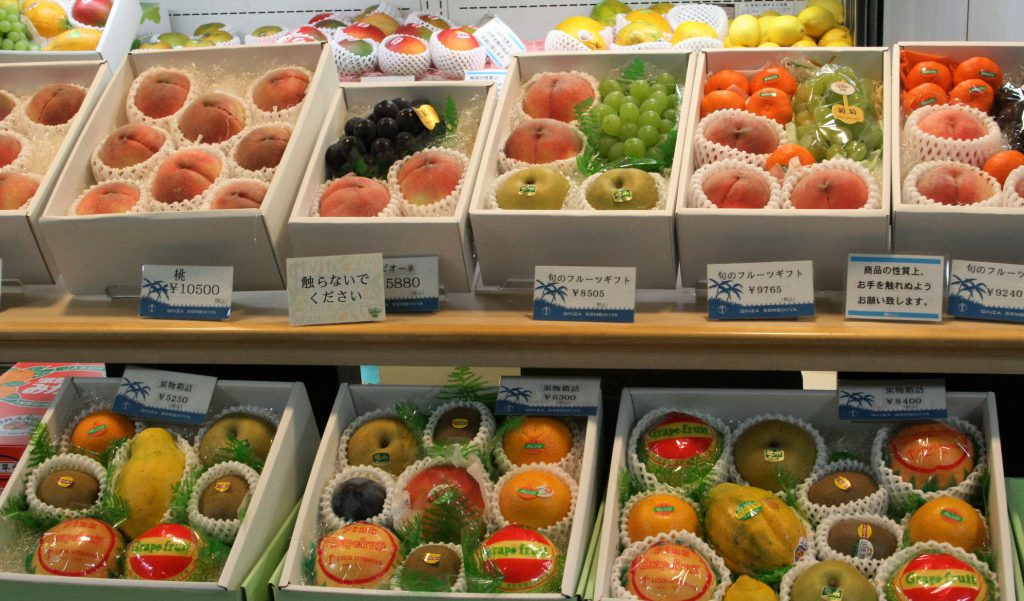
Japanese fruits might be the most ideal-tasting fruits around the world. It is offered as cakes, parfaits, sandwiches, ryokan, cafes, restaurants, and even restaurants. The fruits are flawlessly smooth, shiny, and devilishly sweet. Every expensive fruit in Japan is considered premium fruits, and Japanese people have provided a sizable market due to the high demand.
Moreover, there are numerous areas in Japan that are renowned for producing expensive Japanese fruits. Japanese fruits are frequently highly good and flavorful because of the country's distinctive fruit culture and careful production methods. Numerous fruits are also strongly ingrained in Japanese culture and have come to symbolize Japanese identity.
Why Japanese Fruits are so Expensive?
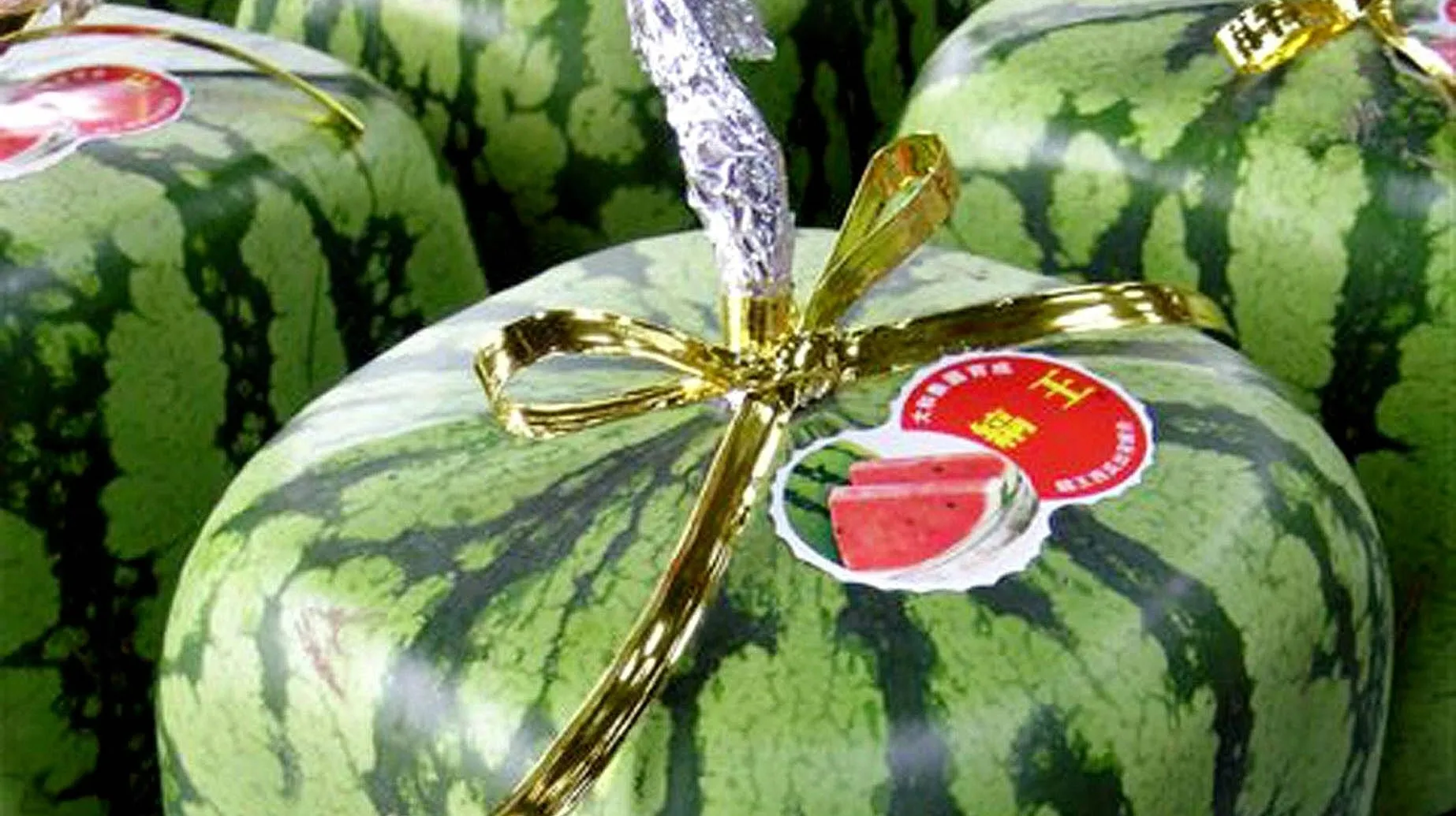
Because of Japan's long tradition of gift-giving, its fruits are so pricey and highly appreciated. In the past, the Japanese would give fruits like melons and tangerines as luxury gifts to shoguns and military soldiers. It was viewed as a demonstration of utmost respect, gratitude, and loyalty.
Furthermore, the agricultural character of Japan is another factor contributing to the high cost of fruit there. Every Japanese fruit produced in Japan is treated differently by farmers since there is a shortage of farmland and laborers. This implies that a premium price will be charged for this rare fruit to compensate the farmers for their labor, from a Japanese strawberry to Japanese winter fruits and some cheaper fruits. Moreover, certain Japanese fruits are purely seasonal. Since these fruits are seasonal, they might fetch high prices since devoted fruit lovers would rush to buy them as soon as they become available in supermarkets, farmers' markets, and department shops.
What are the Expensive Fruits in Japan?
1. Yubari King Melon
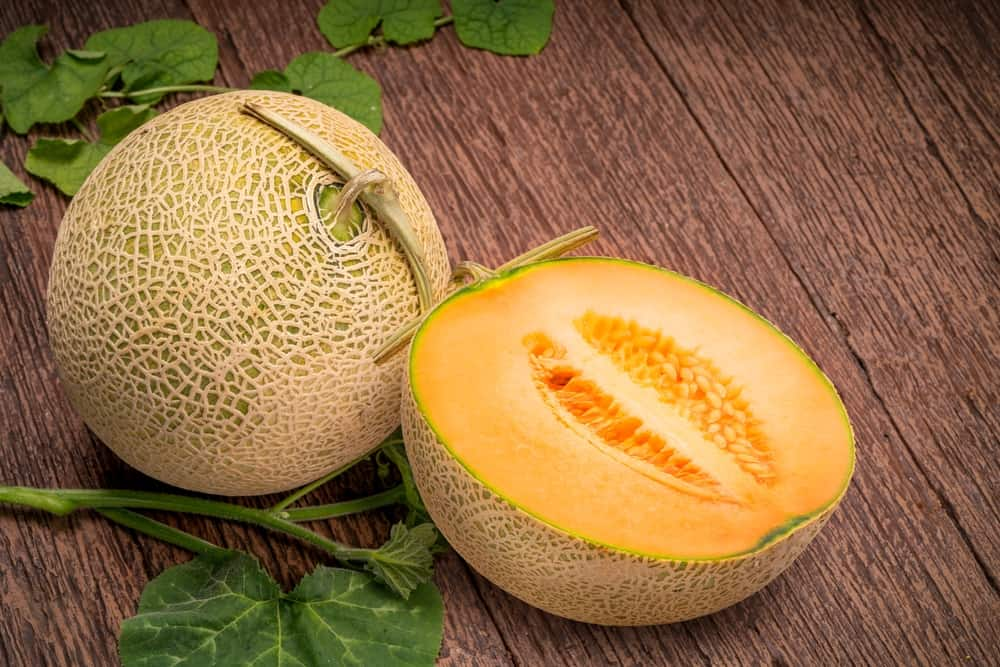
The most well-known of all Japanese luxury fruits is the Yubari King melon. They have an attractive appearance thanks to their flawless roundness and lovely skin patterning. Extremely sweet and aromatic describe the flavor. The first pair of perfectly round, scar-free Yubari King Melons to be harvested were sold for world-record prices. To be considered premium, yubari melons must be completely spherical and have no imperfections on the rind. Japanese people are the most sought-after because they believe that the first harvest of the best fruit brings luck to them. Yubari King Melon price is around $200 for one to two melons in Tokyo's specialty fruit stores. They are treasured as status symbols and as gifts.
2. Densuke Watermelon
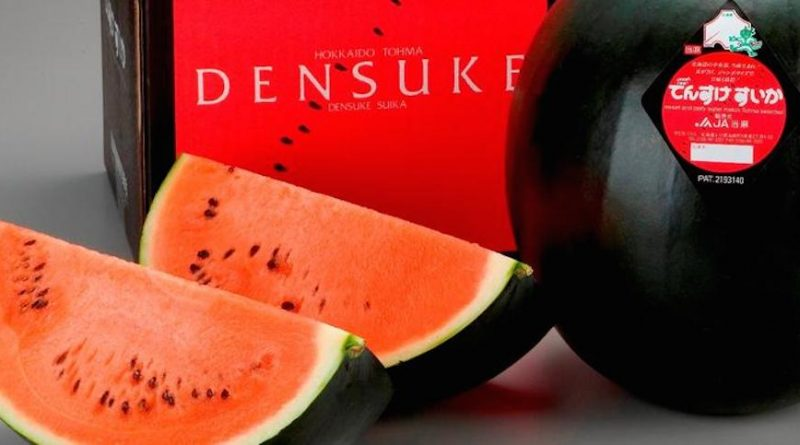
The Densuke is the most expensive watermelon in the world and is originally developed in small quantities on the island of Hokkaido in northern Japan. Densuke watermelon price is around $250 to $6,000 per item. The black tint of these watermelons makes them easy to identify from other watermelons. Although they start out green, melons eventually develop a fully black rind. Densuke watermelons have nearly no seeds, which will make you delighted if you don't like to pick out watermelon seeds. Only 100 pieces are grown each year, making it uncommon. This costly watermelon's unmatched sweetness and texture make it even more unique.
3. Ruby Roman Grapes
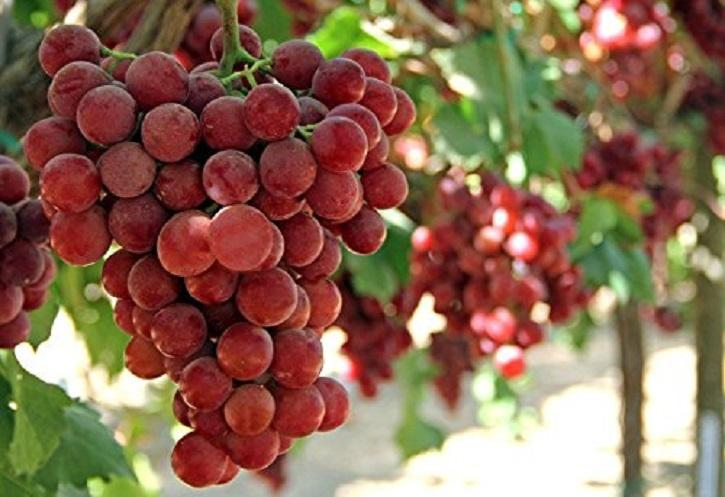
Ruby Roman grapes are red grapes that are native to Ishikawa Prefecture and must pass stringent inspection to be designated as superior, special superior, and premium. Each grape in a bunch must weigh more than 20 grams (0.7 ounces) and have a minimum sugar level of 18%. Expect to pay between $90 and $450 or more for a single bunch of these expensive and unusual grapes. In fact, last year, a premium group of ruby roman grapes sold for up to $12,oo0. That is if you can locate them, as only 24,000 bunches are picked each year. Before being sold, each bunch is put through a thorough inspection to assess its flavor, ping pong ball-like size, low acidity, and the uniformity of its distinctive crimson color.
4. Taiyo No Tamago Mango
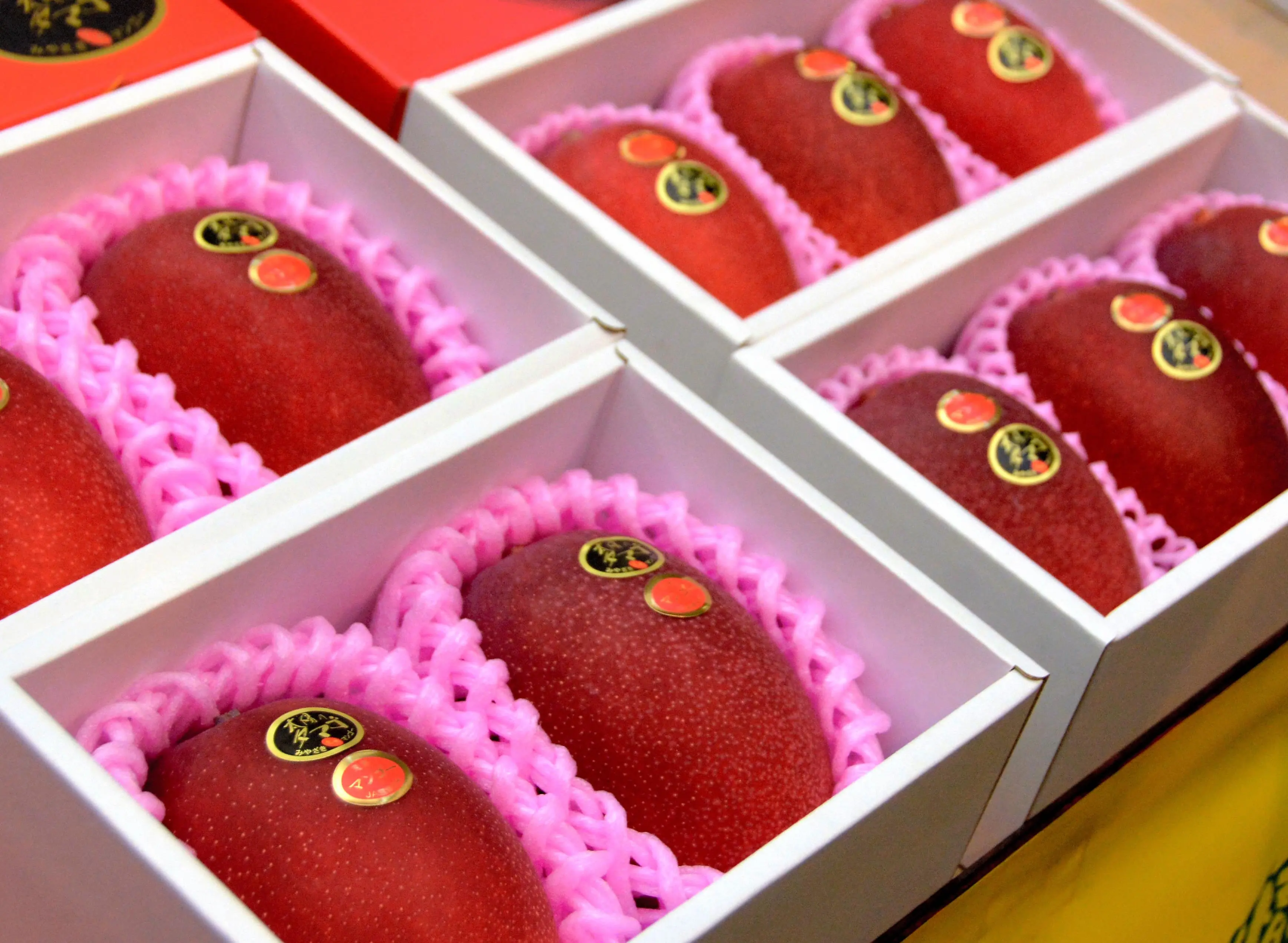
These mangoes are referred to as the "egg of the sun." These mangoes are grown with care, allowing them to get an even amount of light and letting them drop to a soft net when they are ready. These mangoes don't have the fibrous texture of ordinary mangoes and melt in your mouth. Their color might be anything from the darkest red or orange to purple. At auctions, tamago mango price is as little as 5000 yen and as much as 150,000 yen. These premium mangoes are widely sought after due to their exceptional coloration and high sugar content.
5. White Jewel Strawberry
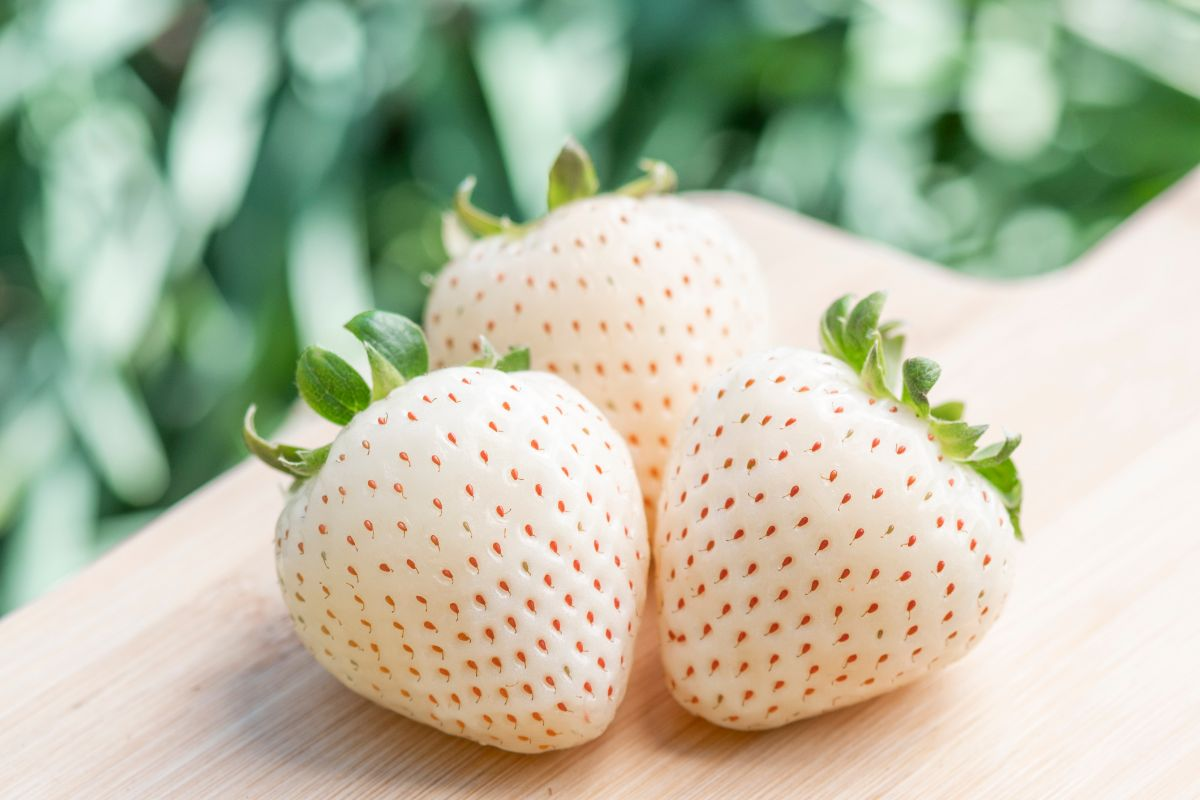
There is only one grower that produces the $10 per fruit Hatsukoi no Kaori or White Jewel strawberries in the Saga prefecture. You won't need to purchase as many because they are around three times the size of an average strawberry. The pigment anthocyanin, which gives strawberries their customary crimson or deep pink color, is absent from these strawberries, giving them their white tint. Only 10% of strawberries of the white jewel kind turn entirely white, and each white jewel strawberry price can be up to 1000 yen. Years of development went into giving these strawberries their distinctive color, flavor, and size of about 40 grams.
6. Sekai Ichi Apple
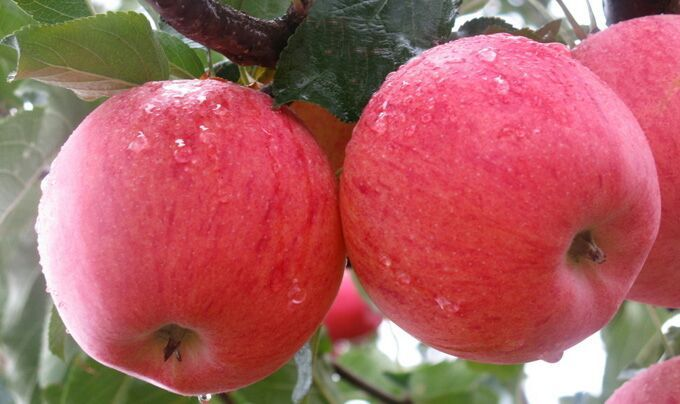
The Sekai Ichi apple is one of the most expensive fruits available in Japan. Sekai Ichi, which translates to "world's best" in Japanese, is a fitting name for this pricey Japanese fruit. These apples typically weigh around 900 grams and have a 30-46 centimeter girth. They are enormous in size and have a flavor that is intensely sweet and juicy. In stores, an apple costs about 2000 yen. And before selling them, farmers hand-inspect and pollinate the plants. Currently, Japan's apple capital Aomori Prefecture is where this country's apples are typically farmed. It is advised to consume it raw, which pairs nicely with other citrus fruits and sugary treats like caramel and honey.
Melons are the most renowned of these pricey fruits. There are also square watermelons, heart watermelon, Muscat grapes, and Amao strawberries that are very well-liked. There is a good reason why these magnificent fruits are at a higher price. The farmers who cultivate them take great care to ensure the fruit is flawless since it is a highly sought gift. Well, if you want to try all these fruits, but don't have enough budget, then Sugoi mart can help you! Check out the fruitiest Japanese candy collection and Japanese fruit drinks only in Sugoi Mart!










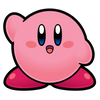



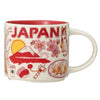

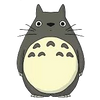



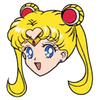


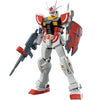





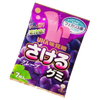
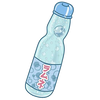





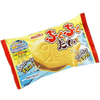



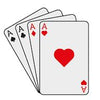














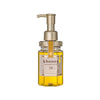



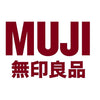
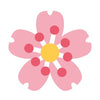

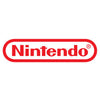







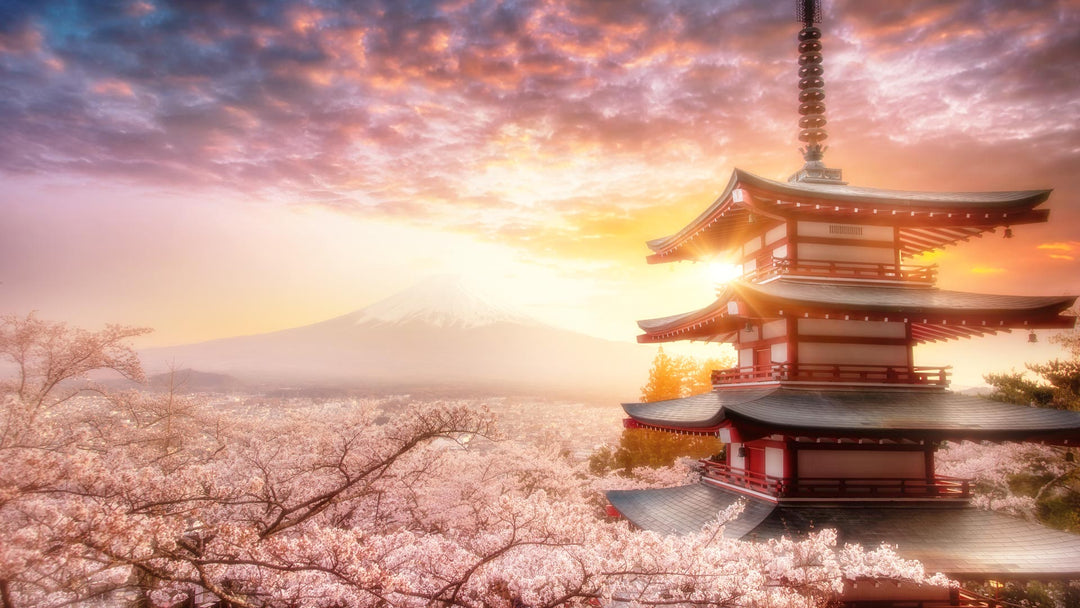

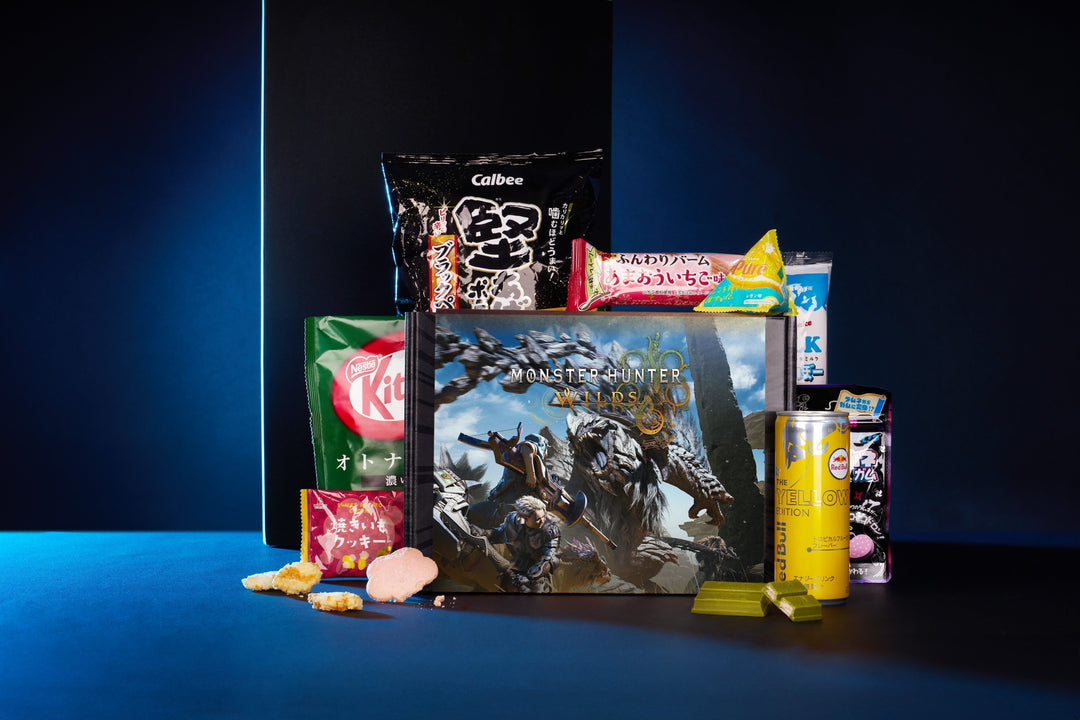
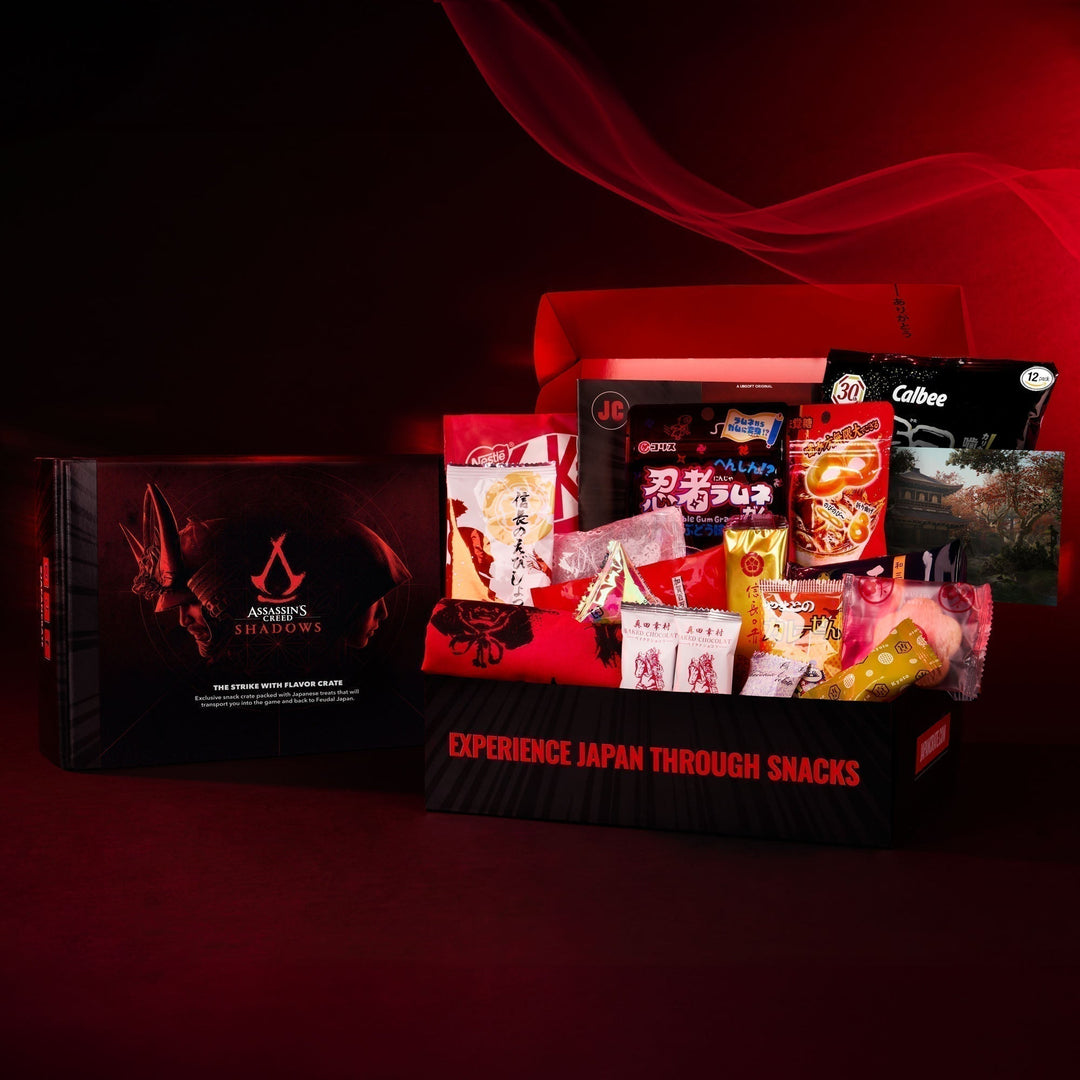
Leave a comment